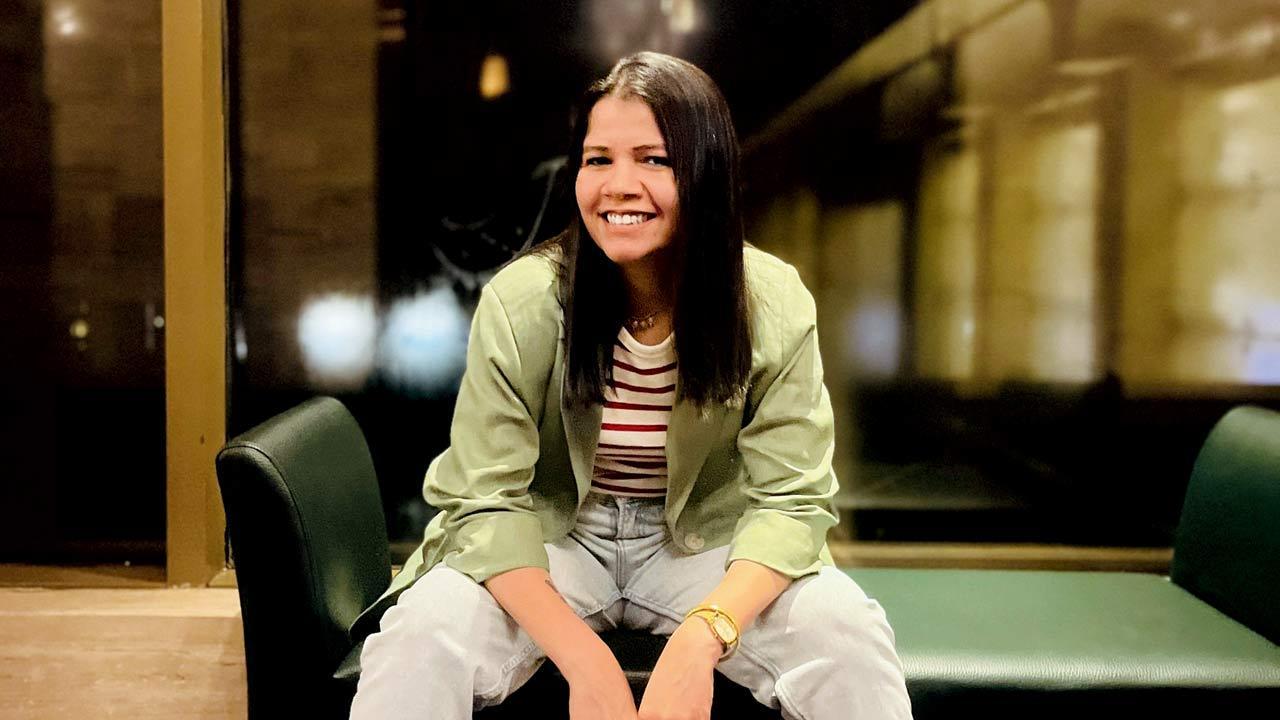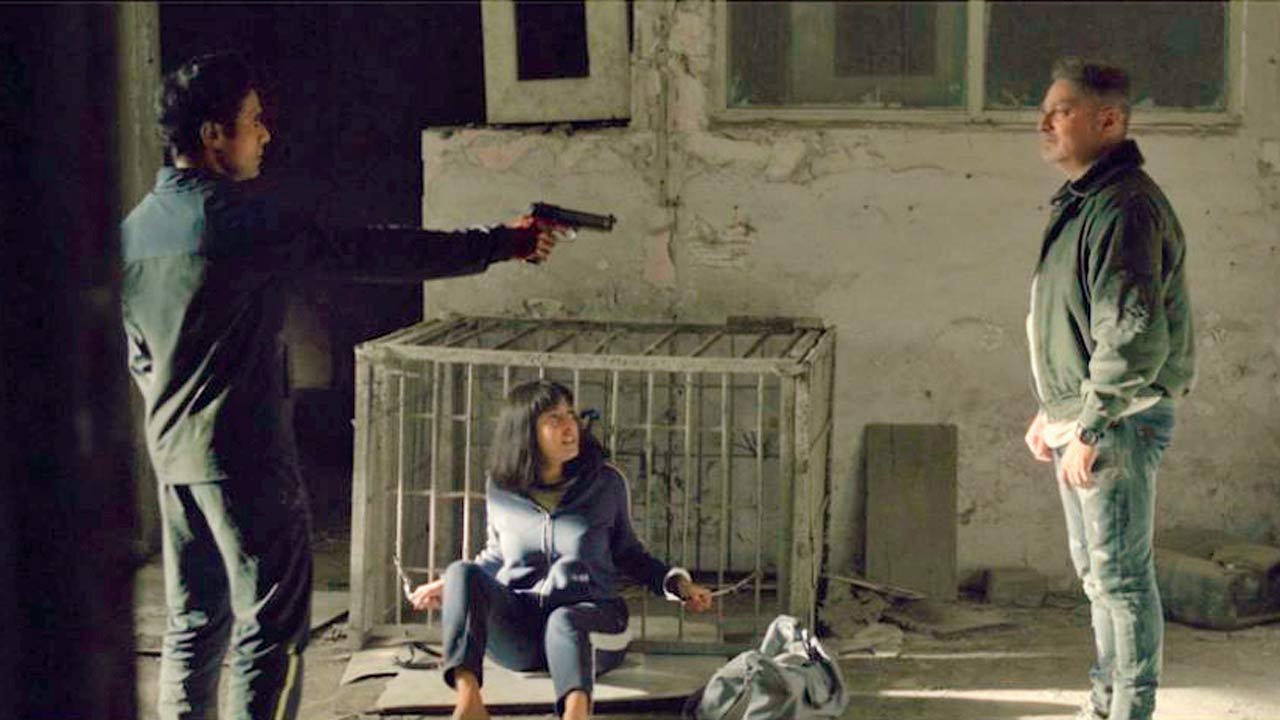Recalling how she battled producers’ sexist attitude, Aliya Basu Gayab Hai director Preeti on helming a thriller to bust the myth that women only make rom-coms

Preeti Singh
Preeti Singh had assumed that making her first feature film would be a smooth ride, considering she previously co-directed the popular show Meri Awaaz Hi Pehchaan Hai featuring Amrita Rao and helmed several ads and short films. However, reality hit her hard when she set out to make Aliya Basu Gayab Hai. As the Raima Sen, Salim Diwan, and Vinay Pathak-starrer hit theatres on Friday, the director recalls how it was tough for her to get the project rolling in the sexist industry.
“Even though I have directed more than 45 to 50 commercials and worked with actors like [late] Sushant Singh Rajput, Mouni [Roy], and Jacqueliene [Fernandez], producers would say nice things to my face, but gossip behind my back when I presented my script to them. They never shared their numbers with me. Later, I realised they are not sharing their contact information with me because I am a woman. I understood the game slowly because I am an outsider,” recalls Singh. She then roped in a male assistant director, hoping that would change things. “I’d take my male assistant director with me for meetings. These producers gave him their numbers, so I communicated via him.”
 A still from the series
A still from the series
Aliya Basu Gayab Hai is a psychological exploration of human nature and sexuality, as it tells the story of three people. For her maiden feature, she deliberately made a thriller to make a larger point. “[It could show] that though stereotyped to be engaged in rom-coms, women can also create dark thrillers and actioners,” she states.
Singh says she faced another obstacle when the Central Board of Film Certification (CBFC) gave the film an ‘A’ certificate after chopping two pivotal scenes. “There is a brutal scene of a girl being kidnapped, which was supposed to terrify the audience. The Board said, ‘Being a woman, how can you picturise another woman like that?’ But in my films, you will always feel the female gaze. The male gaze would’ve shown the scene in a different way. Maybe the female gaze wasn’t comfortable and that’s why the board removed it. [When they] gave me the reason behind the cut, I told them, I’ll make a rom-com next. We are hoping that the OTT platforms will allow us to release those scenes. If you cut out the main [scene], you will never feel the lead’s angst.”
 Subscribe today by clicking the link and stay updated with the latest news!" Click here!
Subscribe today by clicking the link and stay updated with the latest news!" Click here!










